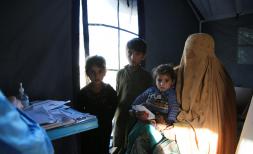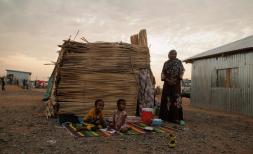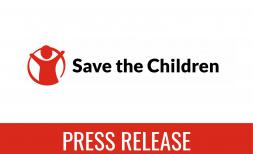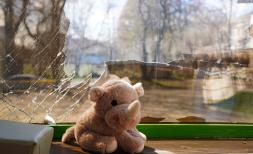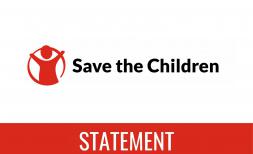Six children a minute left without caregivers from COVID-19 at risk of orphanages
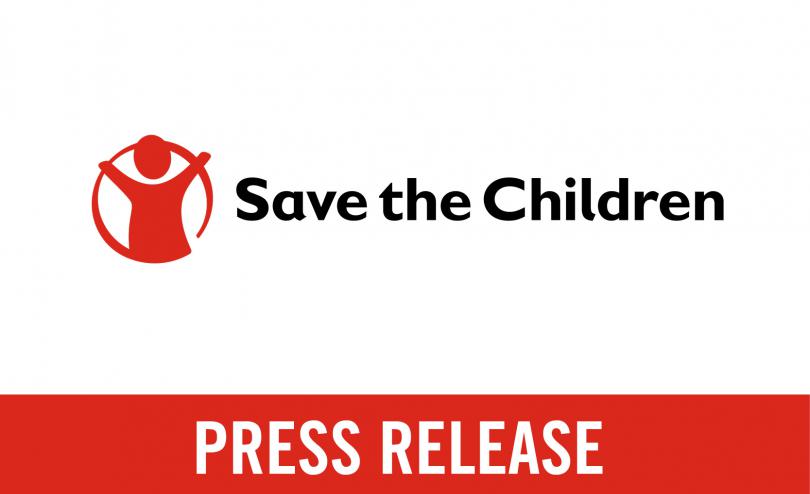
LONDON, 24 February 2022 – Nearly six children every minute on average lost at least one parent or guardian to COVID-19 and now face a heightened risk of violence, exploitation and abuse, as well as the danger of being put into institutional care, said Save the Children.
A new modelling study published in The Lancet today found an estimated 5.2 million children lost at least one caregiver to COVID-19 in the first 20 months of the pandemic, with Peru having the highest rate of orphanhood cases per capita with eight out of every 1,000 children affected followed by South Africa.
In all 20 countries studied, children were more than three times more likely to have lost a father than a mother. The report also suggested that older children were affected more than younger children, with adolescents aged 10-17 accounting for almost two out of three children who lost a parent to COVID-19.
Save the Children is raising the alarm that these children urgently need protection and a safe family environment to avoid damaging consequences to their health and wellbeing. Many institutional care facilities do not have the resources to help children deal with grief and process the loss of their loved ones.
Before the pandemic, an estimated 5.3 million children globally were living in orphanages, even though most of them had one or both parents alive. Evidence suggests that children who grow up in institutional care, such as orphanages, compared to those in a family environment, face far more struggles later in life.
Young children in institutional care suffer from poor health, physical and mental underdevelopment, and emotional attachment disorders. Consequently, these children generally learn at a slower pace and have a reduced ability to socialise. Older children struggle to transition into adulthood and to reintegrate into the community after leaving care.
Save the Children is calling on governments to take responsibility for investing in the social welfare workforce and developing reliable alternative-care options for these children. This should include providing support to extended family members to care for their orphaned relatives.
The aid organisation is also calling to ensure children are involved in decision-making that affects their lives, and for all countries to include plans and resources to incorporate family-based alternative care – where children can grow up in a supportive family environment – in their COVID-19 response strategies.
Rebecca Smith, head of child protection programming at Save the Children, said:
“COVID-19 has been tearing children’s lives apart for the past two years, and we are now facing a pandemic within a pandemic. Many children have lost a parent or guardian to COVID-19 and are now without care or protection. We fear many of these children, especially vulnerable children such as those living with disabilities, will end up in orphanages, putting their health and wellbeing in serious jeopardy.
“For many people, the term ‘orphan’ conjures up images of Oliver Twist, a poor child whose parents have died, leaving the child with no other choice but to live in an orphanage. However, in reality, many children in orphanages have living relatives able and willing to care for them.
“Governments urgently need to protect these vulnerable children as part of their COVID-19 response plans to ensure they can grow up in a safe, loving family environment. Orphanages should always be the last resort.”
Save the Children trains social workers and conducts case management to monitor, support, track and respond to the needs of children who have lost parents and caregivers, including as a result of COVID-19. The organisation also reunites separated and unaccompanied children with their families, and when that is not possible, Save the Children teams ensure family-based alternative care options are available. The children’s charity also strengthens families to prevent child abandonment through counselling, parenting support and cash assistance.
Notes to the Editor:
According to the Lancet report, an estimated 5.2 million children have lost a parent or caregiver due to COVID-19 between March 2020 to 31 October 2021 – or an estimated 5.93 children every minute (with approximately 876,000 minutes in a 20-month period). For the entire 20-month period of the study, the Lancet team estimates a minimum of 3,367,000 children were orphaned worldwide, experiencing the loss of a parent. A further 1,833,300 children were affected by the death of a grandparent or older adult caregiver living in their own home. The 20 countries studied include: Argentina, Brazil, Colombia, England and Wales, France, Germany, India, Islamic Republic of Iran, Italy, Kenya, Malawi, Mexico, Nigeria, Peru, Philippines, Poland, South Africa, Spain, USA and Zimbabwe.
According to a Lancet article from 2020, an estimated 5.37 million children are living in institutional care, such as orphanages. https://www.thelancet.com/journals/lanchi/article/PIIS2352-4642(20)30022-5/fulltext
Save the Children co-founded ReThink Orphanages to help redirect overseas aid and development that supports orphanages towards community-based initiatives to strengthen families to prevent family separation.
Multimedia content available here.
For further enquiries please contact:
Sam Halyk -- samantha.halyk@savethechildren.org / +44(0) 74235 19077 (based in London, UK)
Our media out of hours (BST) contact is media@savethechildren.org.uk / +44(0)7831 650409
